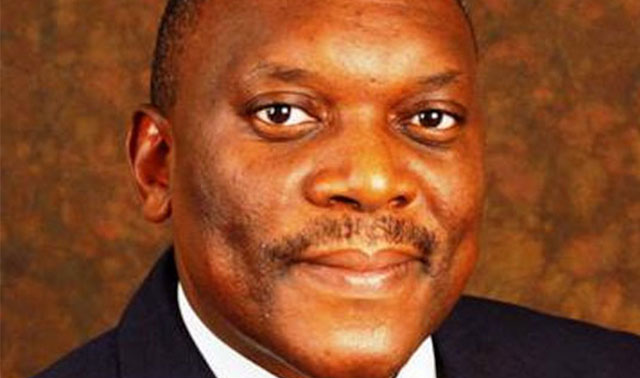 Finally, there’s a move to try to do something about the dysfunction crippling the department of telecommunications & postal services. The mess at the department has become a barrier blocking the development of South Africa’s information and communications technology (ICT) industry.
Finally, there’s a move to try to do something about the dysfunction crippling the department of telecommunications & postal services. The mess at the department has become a barrier blocking the development of South Africa’s information and communications technology (ICT) industry.
Minister Siyabonga Cwele’s decision to rope in the Public Service Commission (PSC) to probe the problems at the department is overdue, but very welcome. So is his admission in parliament this week that the department is being torn apart by infighting and maladministration. The first step to fixing a problem is admitting that you have one.
The PSC probe is therefore a positive development, and, if it’s concluded swiftly — with the result being that a new, skilled administration is moved into the department to replace the old one — then South Africa still has a chance of arresting its dizzying slide down international ICT rankings. But it’s going to require political will of the kind that has been in short supply lately.
The department’s director-general Rosey Sekese, whatever one thinks of her — and opinions are sharply divided — has presided over the mess. She is ultimately accountable for the fact that the department has failed the ICT industry for years by not producing the policies the sector needs so desperately to grow. Whatever the responsibilities of her deputy directors-general — including the ones she has fired in recent months — the buck stops with her.
The claim that Sekese is responsible for destabilising the department — as former DDGs Gift Buthelezi and Themba Phiri attest — must be part of the PSC probe. But these deputies can’t claim to be innocent bystanders and must shoulder at least some of the blame for the dysfunction at the department. Democratic Alliance MP Marian Shinn put it well when she said that the top echelon in the department “suffers an integrity deficit”.
Shinn was on the money, too, when she said that the “competing vested interests” of the director-general and her deputies have distracted the department from creating the policy and regulatory environment needed to stimulate growth in the sector.
The dramatic developments at the telecoms department come as Independent Communications Authority of South Africa (Icasa) CEO Pakamile Pongwana this week lamented government and Icasa indecision on the management and assignment of radio frequency spectrum.
Pongwana warned that the ICT sector in South Africa is “regressing” because of the lack of decision making around spectrum. Icasa has been waiting for years for the department to finalise a policy on spectrum allocation so that it can begin licensing access to operators.

One of the reasons there is consolidation taking place in the telecoms industry is because operators are constrained by a lack of access to spectrum, Pongwana said. At the same time, new entrants have not been able to launch services as they have not been assigned the spectrum they need.
In a sign of the growing frustration among industry leaders, Business Connexion CEO Isaac Mophatlane said last weekend that government is not doing enough to create the environment necessary to grow the ICT sector. He said ICT should be on the national agenda — and be driven by the presidency and the cabinet.
Cwele this week gave Sekese 72 hours to provide reasons why she shouldn’t be placed on “precautionary leave”, on full pay, while the PSC conducts its investigation, which should take about two months to complete. Having her there could prejudice matters and her absence, despite the enormous workload the department has to get through, is necessary. So, her precautionary suspension on Friday was welcome.
The investigation provides a unique opportunity to turn the telecoms department around once and for all. There’s the chance now, if this is done right, to install the best people in leadership positions to help turn the ICT sector into a growth story for South Africa. A wholesale change of leadership, even bringing in private sector skills to help where necessary, makes eminent sense. Cwele’s decision to launch the probe is potentially the best thing to happen to the department in years. The opportunity to effect real change must not be squandered.
- Duncan McLeod is TechCentral’s editor. Find him on Twitter
- This column is also published in the Sunday Times




